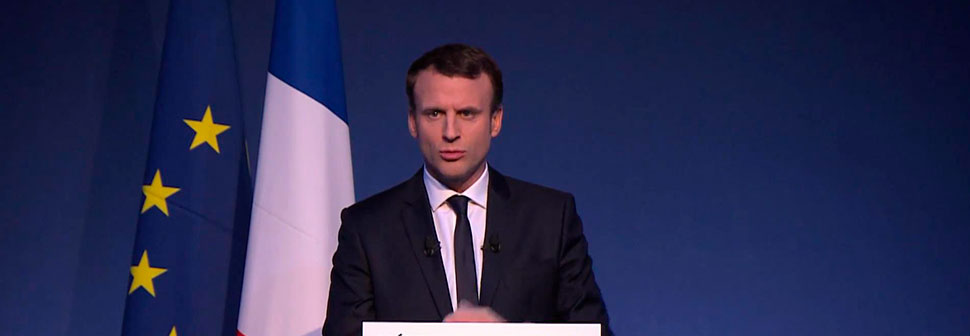Is Emmanuel Macron the missing link for European prosperity?


There’s a significant amount of pressure on Emmanuel Macron and his presidency. As Gideon Rachman, Chief Foreign Affairs commentator for the Financial Times, stated, “[…] the success or failure of the new president will matter well beyond France – and even well beyond Europe”. While some may see this as an exaggerated statement, analysts agree on the overall importance of Macron for what is known as the “European project”. However, they also agree on the major difficulties that the new French president-elect will have to face before he can implement the reforms that the country needs.
Why does Macron represent the hope of reinvigorating European integration? Let’s start with his economic and monetary plans. The new French president wants to strengthen the united currency, loosen the austerity in Europe, and unite the financial system across Europe. For most European countries, these plans would certainly help them improve their economic performance. However, there’s one country that doesn’t really see the benefits of such integration, Germany. To put it in simpler terms, the main reason behind Germany’s disdain is that the European nations doesn’t want to “pay the bills” of countries with higher debt figures.
Despite the unwillingness of the German government to loosen its grip, they also recognize the importance of keeping political stability in major economies such as Italy and France. Reflecting the current relation of Germany with the United States, they want to avoid the uprising of radical populists across Europe. In the next five years, Macron will have to deal with this delicate and ambiguous relation with its neighboring nation. According to analysts from the main media in Europe, France would need an important economic and labor reform to satisfy German expectations.
Inside France, Macron’s biggest obstacle is political division. His political party, La République en Marche! (LRM), suffers from an evident lack of history, in comparison to the more traditional parties such as the Union for Popular Movement and the Socialist Party. The lack of public experience will, as analysts argue, affect the success of the LRM in the next elections for the National Assembly. It’s likely that Macron’s party won’t have majority in the Assembly and, as such, his political influence will be seriously diminished.
Macron has progressive intentions that require the support of the German government, but at the same time, he needs national political unity to receive that support. Only if Macron gets the political and public backing –something that, historically, French presidents haven’t been able to do–, he’ll have a chance to promote economic growth in the country and, perhaps, in Europe.
According to The Economist –a media that openly went against Brexit–, the risk of this intricate plan is that, if it fails, the Front National and Marine Le Pen will come out even stronger than today.
Analysts agree that Macron is a breath of fresh air in Europe. However, his intentions of reforming the economic landscape depend on so many variables that it’s naïve to put the future of Europe in his hands. Is he the key for European prosperity? Perhaps. Will he achieve it? It's a much harder question to answer.
LatinAmerican Post | Juan Sebastian Torres
Copy edited by Susana Cicchetto





